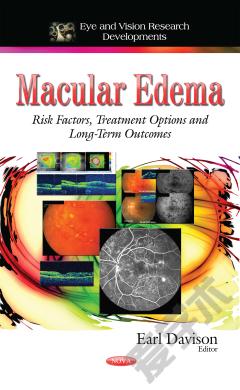Melanoma: Molecular Biology, Risk Factors and Treatment Options
Melanoma accounts for only 4% of all skin cancer cases but most of skin cancer-related death. The rising incidence of melanoma makes this tumor an important public health problem. In this book, the authors present current research in the study of the molecular biology, risk factors and treatment options for melanoma. Topics include the role of P13K/AKT and Wnt/β-Catenin pathways in melanoma's progression to metastatic disease; cutaneous melanoma; molecular determinants of melanoma vasculogenic mimicry; new aspects of the molecular biology of melanoma metastasis; the surgical extent of regional lymph node dissection for cutaneous melanoma and its novel techniques and modifications; the epidemiology of melanoma in young individuals; cardiac involvement in malignant melanoma; poor Karnofsky performance status and high serum lactate dehydrogenase level identifies patients with brain metastases from malignant melanoma who do not benefit from palliative whole brain radiotherapy; interferon-beta therapy; and boron neutron capture therapy.
{{comment.content}}








 京公网安备 11010802027623号
京公网安备 11010802027623号